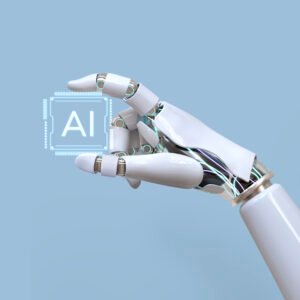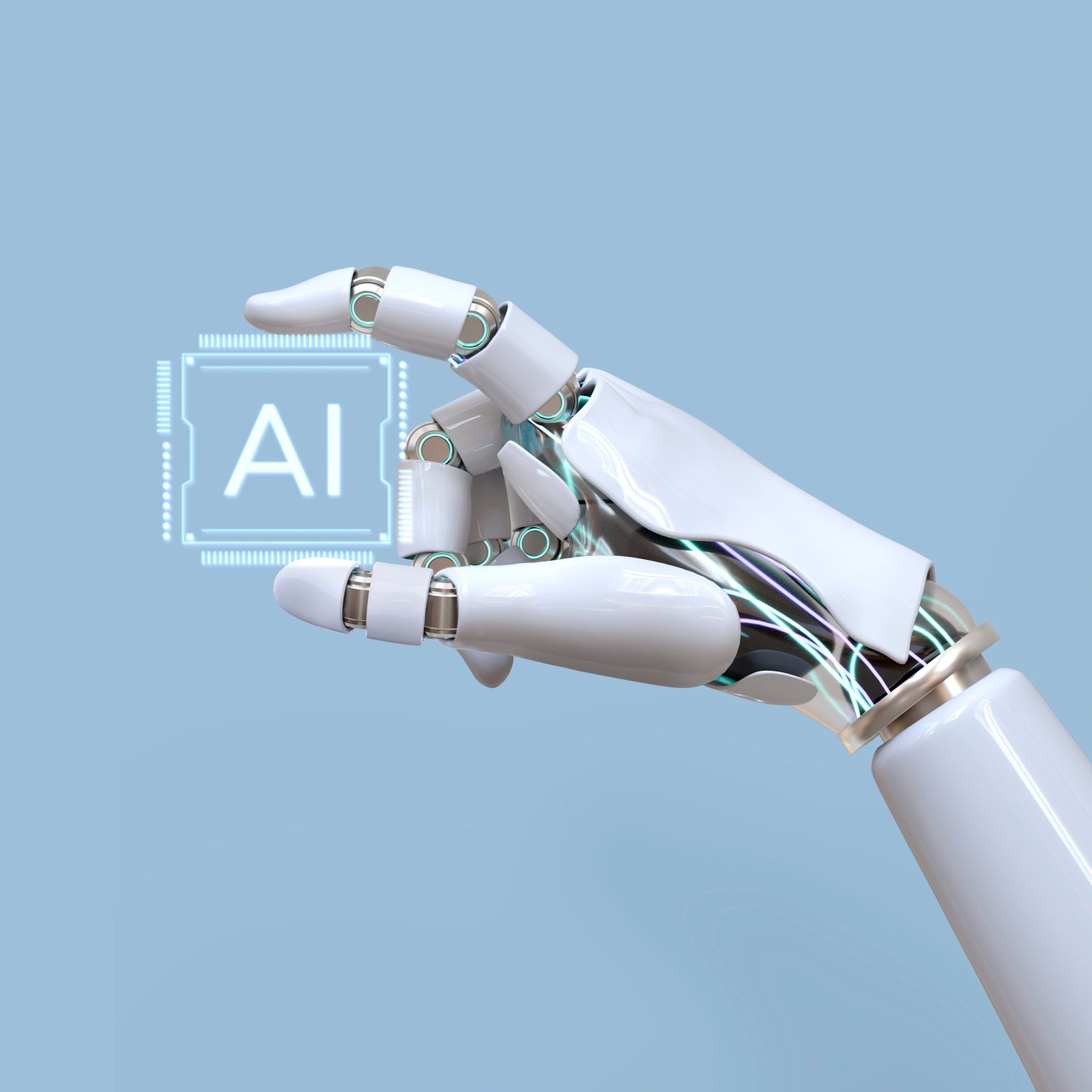Introduction to Artificial Intelligence
Artificial Intelligence (AI) is no longer a futuristic concept; it’s a reality that is transforming the way we live, work, and interact with technology. From virtual assistants like Siri and Alexa to advanced machine learning algorithms that power self-driving cars, AI is embedded in numerous aspects of modern life. But what exactly is AI, and how is it shaping the future of computing? In this blog post, we will explore the basics of Artificial Intelligence, its applications, types, and the significant impact it has on various industries.

What is Artificial Intelligence?
Artificial Intelligence refers to the simulation of human intelligence in machines that are designed to think and act like humans. These machines can perform tasks that typically require human intelligence, such as understanding natural language, recognizing patterns, making decisions, and solving problems. AI systems are powered by algorithms that enable them to learn from data, adapt to new inputs, and improve over time.
Types of Artificial Intelligence
AI can be broadly categorized into two types:
- Narrow AI (Weak AI):
- Narrow AI is designed to perform a specific task. It operates under a limited set of constraints and cannot perform tasks outside its programmed capabilities. Examples include voice assistants, recommendation systems on streaming platforms, and spam filters.
- General AI (Strong AI):
- General AI refers to systems that possess the ability to understand, learn, and apply knowledge in a wide range of tasks, similar to human intelligence. While true General AI is still a theoretical concept, researchers are working towards developing systems that can perform any intellectual task that a human can do.
Applications of Artificial Intelligence
AI has a wide range of applications across various industries. Here are some of the most prominent areas where AI is making a significant impact:
- Healthcare: AI is revolutionizing healthcare by enabling more accurate diagnoses, personalized treatment plans, and drug discovery. AI-powered tools can analyze medical images, predict patient outcomes, and assist in robotic surgeries. See how AI is transforming healthcare through innovative solutions.
- Finance: In the financial sector, AI is used for fraud detection, algorithmic trading, and personalized financial advice. AI systems can analyze vast amounts of data to identify patterns and trends that are not easily detectable by humans. Discover how AI is reshaping the financial services industry.
- Transportation: AI is the driving force behind autonomous vehicles, which are designed to navigate and operate without human intervention. AI also optimizes traffic management systems, improving the efficiency of public transportation.
- Retail: Retailers are using AI to enhance customer experiences through personalized recommendations, chatbots, and inventory management. AI-powered analytics help businesses understand customer behavior and predict trends.
- Entertainment: AI algorithms power streaming services, providing personalized content recommendations based on user preferences. AI is also used in video game development to create realistic environments and intelligent in-game characters.
The Future of Artificial Intelligence
As AI continues to evolve, it is expected to become even more integrated into our daily lives. The future of AI holds immense potential, from the development of General AI to the creation of AI-driven solutions that can tackle some of the world’s most pressing challenges. However, with the growth of AI comes the need for ethical considerations, particularly concerning privacy, bias, and the potential impact on employment.
Ethical Considerations in AI
The rise of AI also brings forth ethical challenges that must be addressed to ensure responsible development and deployment. Key ethical concerns include:
- Bias in AI: AI systems are only as good as the data they are trained on. If the data contains biases, the AI system may produce biased outcomes, leading to unfair treatment of certain groups.
- Privacy: AI systems often require vast amounts of data to function effectively. This raises concerns about data privacy and the potential for misuse of personal information.
- Job Displacement: As AI systems become more capable, there is a fear that they may replace human jobs, leading to widespread unemployment. It is crucial to consider how AI can coexist with human workers and create new opportunities.
Conclusion
Artificial Intelligence is undeniably a transformative force in the world of computing. Its applications span across various industries, improving efficiency, accuracy, and personalization. As we continue to explore the capabilities of AI, it is essential to approach its development with caution, ensuring that ethical considerations are at the forefront. The future of AI is bright, and its impact on the future of computing is bound to be profound.
Whether you are a student, professional, or tech enthusiast, understanding AI is crucial in staying ahead in the rapidly evolving world of technology. Stay tuned to computerclimax.com for more insights into the fascinating world of computing and technology.
More to Explore
- Dive deeper into the basics of machine learning, a key subset of AI.
- Discover how AI is being integrated into robotics for groundbreaking innovations.
Related
Discover more from Computer Climax
Subscribe to get the latest posts sent to your email.






One Response